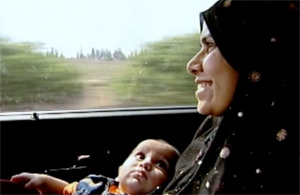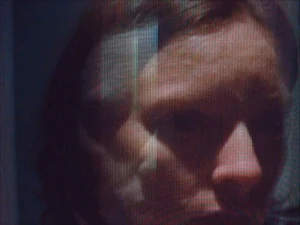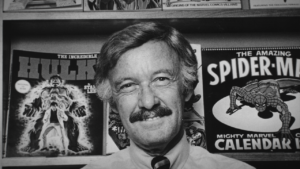Enemies: A Love Story
Hey Hollywood, we’ve got your next blockbuster. It’s heartwarming, politically relevant, uncontroversial and, best of all, based on a true story!
Hey Hollywood, we’ve got your next blockbuster. It’s heartwarming, politically relevant, uncontroversial and, best of all, based on a true story!
The pitch: Two compassionate Israelis, a journalist and a doctor, join forces with a beautiful Palestinian mother to save the life of a desperately ill 8-month-old baby (Let’s call him Muhammad). Muhammad suffers from a rare but treatable immune deficiency, and the only way to pay for his expensive treatment is through donations from Israelis. The biggest donation, the one that will finally make surgery possible, comes from the grieving father of an Israel Defense Forces soldier who was killed in the line of duty!
Our young heroine is a devout Muslim from Gaza who has always feared and hated “the Jews,” and it will take being treated with kindness in a comfortable Israeli hospital to open her eyes. Our heroes will grow wise as well, as they witness the touching, life-affirming love of a mother for her child. Working together, all three will teach us valuable lessons about the holy trinity of awards-season magic: Love, Redemption and Kleenex.
Still, it might be best not to stick too close to the source material. “Precious Life,” the documentary which premieres Thursday night on HBO, tells the true story of Raida Mustafa, a 28-year-old Palestinian mother of five; Raz Somech, an Israeli doctor; and Shlomi Eldar, the journalist who finds himself drawn into the fight to save a sick baby. Eldar is also the documentary’s director and a veteran newsman who spent almost 20 years reporting from Gaza before he made the leap from bystander to subject. For his first film, he has refused to let the ugly truths of Mideast politics languish on the cutting room floor. Eldar spares no one from scrutiny, least of all himself or his country, and it is that ruthless honesty that makes watching “Precious Life” such an unforgettable experience.
Of course, even a dishonest reporter could not avoid touching on the region’s troubled politics, especially because the events of the film take place before, during and after Israel’s invasion of Gaza in late 2008. Just three months after Muhammad’s first surgery, Israel launches its first airstrike. Bombs pound the region for three weeks, and the war kills thousands of Palestinians and devastates the area’s economy. Dr. Somech is called to the front, forced to face the irony of receiving texts and calls from his Palestinian patients even as he stands in uniform at the border waiting for orders to invade. Meanwhile, Eldar reports nightly on the news, frustrated that none of his broadcasts about the human cost of the invasion seem to have any effect on his viewers.
And at the center of all this there is Raida Mustafa, the anxious mother upon whom the whole redemption narrative hinges. Raida, as she is called in the film, has already buried two of her five children, both killed by the same immune disease now threatening Muhammad. The baby is the one whose life is at stake, but it is Raida with her dark, protected eyes and sudden flashes of emotion whom we come to care about most. Eldar clearly cares about her as well, visiting her son at the hospital, rushing back and forth across the wartime border in search of compatible biological donors among Mustafa’s relatives, pulling every string he can to keep her family safe. So it comes as a devastating shock when Mustafa suddenly addresses Eldar — and, more important, his camera lens — with the announcement that if Muhammad survives she hopes he will become … a suicide bomber.
Eldar must re-evaluate everything he thought he knew about the loving mother who now addresses him in the voice of The Enemy. Her words feel like a “knife in the back.” He vows to quit the project, and never speak with Raida again, even though there is still a film to be completed, an innocent baby to be saved.
It would be unfair to reveal more about the consequences of this painful moment, except to say that it effectively destroys the relationship Eldar thinks he has with both his movie and the woman he’s sworn to help. Out of the ashes of what he will later refer to sarcastically as his “lovely story” about a bereaved mother and her sick baby, Eldar is forced to finally assemble a more sober account of flawed human beings taking the first steps toward reconciliation. If there is a final teaching in “Precious Life,” it’s no red-carpet lesson designed to help us tear up and sleep soundly: Our three heroes have taken those first steps, but they won’t get far unless we join them.
Your support matters…Independent journalism is under threat and overshadowed by heavily funded mainstream media.
You can help level the playing field. Become a member.
Your tax-deductible contribution keeps us digging beneath the headlines to give you thought-provoking, investigative reporting and analysis that unearths what's really happening- without compromise.
Give today to support our courageous, independent journalists.






You need to be a supporter to comment.
There are currently no responses to this article.
Be the first to respond.